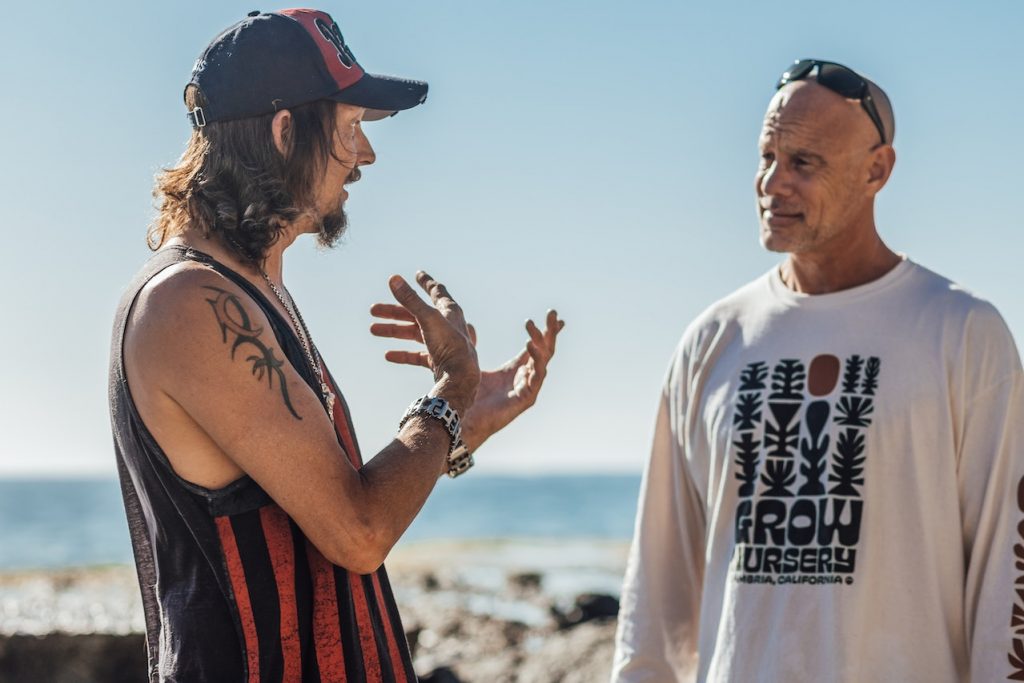Tips From a Ria Coach: What is “Accountability” in Recovery?
In essence, accountability in recovery from addiction means practicing honesty and responsibility in your life in order to achieve long-term change. Being accountable to oneself is about showing you are responsible for your actions, whether they are successes or mistakes. Without accountability, it can be difficult to maintain your goals. Old patterns may repeat, and it can be hard to track your progress.
Procrastination is one example of not being accountable in recovery, because it is a way to avoid dealing with an issue. In itself, taking action can be a form of accountability. What matters is being honest with yourself about whether what you are doing is in line with your goals.
At Ria Health, our team of coaches provides you with a structure for staying accountable in recovery—including tools to track your progress, weekly check-ins, and skill development. The whole process can be done via your smartphone, on your schedule. Get in touch with us to learn more.
What Does Accountability in Recovery Look Like?

Accountability means being answerable to yourself and others. One way to do this is to choose some accountability partners who are aware of your goals and progress, and be honest with them about where you’re at. Accountability partners can include friends, partners, coaches, and groups.
In the Ria Health program, we also use accountability tools such as a breathalyzer. Our members can track their drinking over time with this device using our app, and discuss the results with their coach or medical team. The “inner circle” function even allows members to share their progress with loved ones if they wish. This allows them to be accountable both to themselves and others.
Attending support group meetings is another way to maintain accountability, as it gives you a community of people to check in with. Groups like Alcoholics Anonymous and SMART Recovery encourage people to share their successes and setbacks honestly, which basically creates positive peer pressure to stick with recovery.
Self-accountability can also be fostered through regular self check-ins, creating goals for yourself, and logging your progress on your own.
Overall, accountability in recovery looks like identifying ways to keep yourself in check during times when you begin to slip or feel low motivation. The more diverse your accountability tools, the higher your chances of success.
Why Is Accountability So Important?
Accountability during recovery is an essential part of making progress towards your goals. Without any form of accountability, you may not recognize faults or challenges, and taking action to address them will be difficult.
For example, if a person does not acknowledge that social gatherings are challenging for them, they might continue to attend them without creating a plan of action. This could lead to excessive drinking, and make it harder to achieve the change they want.
What Does Avoidance of Accountability Look Like?
Avoidance of accountability can look like not using any tools to track your progress, or not sharing what is going on with friends and family due to embarrassment or shame.
Avoidance can also look like making excuses for your behaviors, blaming others for your alcohol use, avoiding treatment that has been helping (such as skipping medications or therapy sessions), and denial of use.
How To Stay Accountable in Recovery
Try some of these helpful tools and strategies for staying accountable in your recovery:

- Keep a log of how many drinks you are having each day, and use a standard drink calculator to keep your drink sizes consistent.
- Set goals at the beginning of the week, and check at the end of the week if you have accomplished them.
- If you fail to meet your weekly goals, acknowledge any challenges that prevented you from getting there, and what you could do differently.
- Choose an accountability partner, or share your goals with someone you feel comfortable with. Communicate about your needs and how you’re doing.
- Set a schedule for when you plan to attend groups, do self care routines, and have check-ins on your recovery. For example, you could choose Sunday to evaluate your progress every week.
- Identify your specific drinking triggers, and start tracking them. This will help you explore alternative coping strategies.
- Celebrate recovery milestones, whether they are big or small. Noticing a delay of 15 minutes before you begin drinking, reducing your intake by one standard drink per day, or having your first alcohol free day are all causes for celebration.
- Seek help. There’s no shame in looking for other resources, such as coaches or groups, to help you stay accountable.
Accountability in the Ria Program
On top of the medical support we provide, and medications to control cravings, Ria Health offers several powerful accountability tools:
Coaching
Each Ria Health member is paired with a recovery coach, who serves as their ally throughout the process. During weekly virtual check-ins, members can discuss their progress with their coach, troubleshoot the things that are not working, and get expert advice on setting new habits and goals. Our coaches also help members identify other accountability strategies to help them through their daily lives.
Breathalyzing
Members of Ria Health get a free Bluetooth breathalyzer shipped to their door, which syncs with the Ria app. This gives them a clear way to measure how much they are drinking, and provides data to look at with their coach. Breathalyzing can help members increase awareness of their drinking patterns, and set more effective goals. It can even help people track how much they are really drinking. For example, you might think that margarita was only one drink—but the breathalyzer will tell you it actually had two shots in it.
The Ria App and Workbook
In addition to syncing with the breathalyzer, the Ria Health smartphone app offers an “inner circle” function that lets members share their progress with a friend or partner. The app also features a learning center where members can view informational videos and complete exercises in 11 sessions. Finally, members get access to a workbook with exercises for goal setting, skill building, and progress tracking. As a member goes through the program, these can be invaluable tools in working with their coach.
Curious to learn more about how Ria’s program works? Get in touch with a member of our team today.
Will insurance cover treatment? Verify Coverage
Have Questions? Call (800) 504-5360



